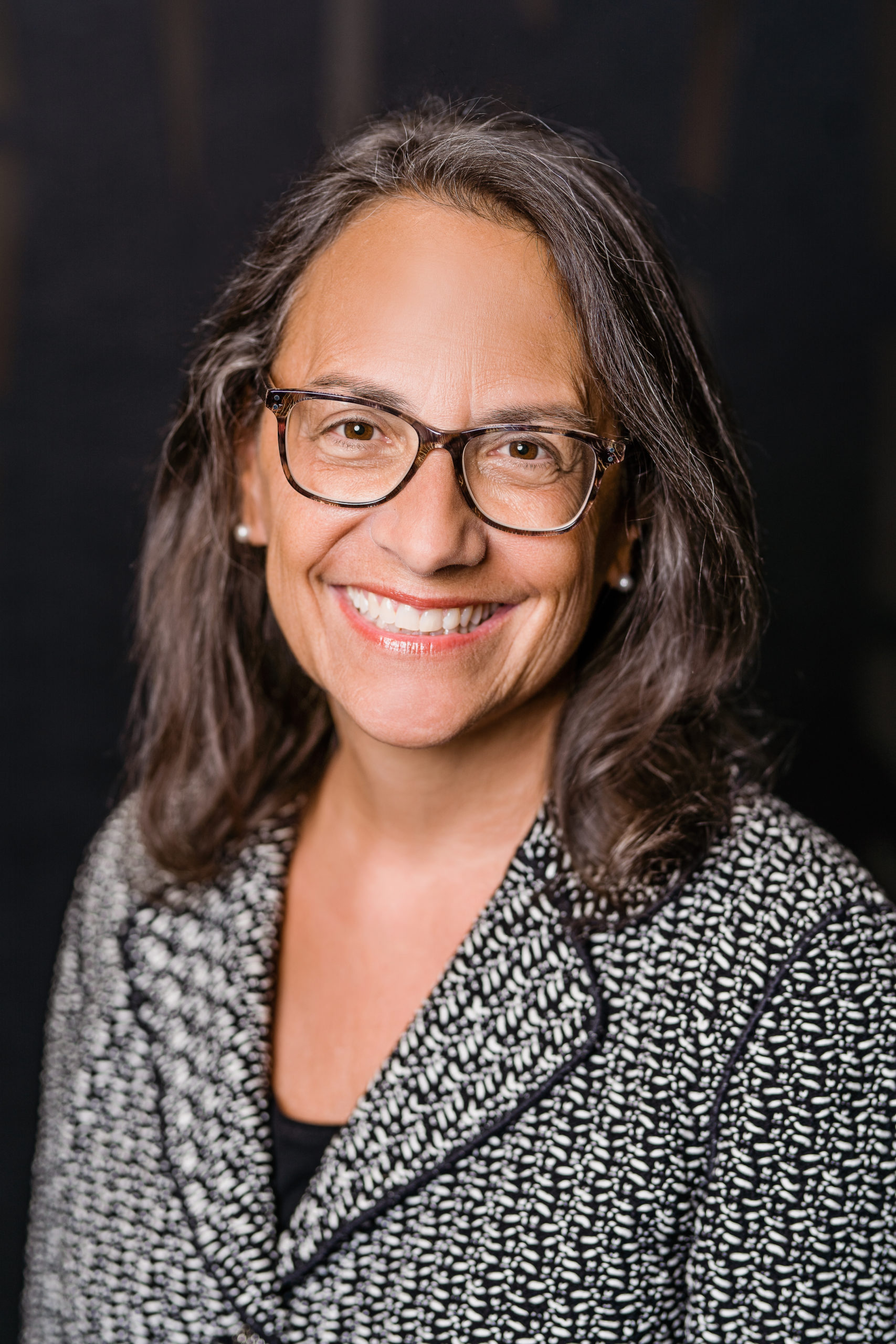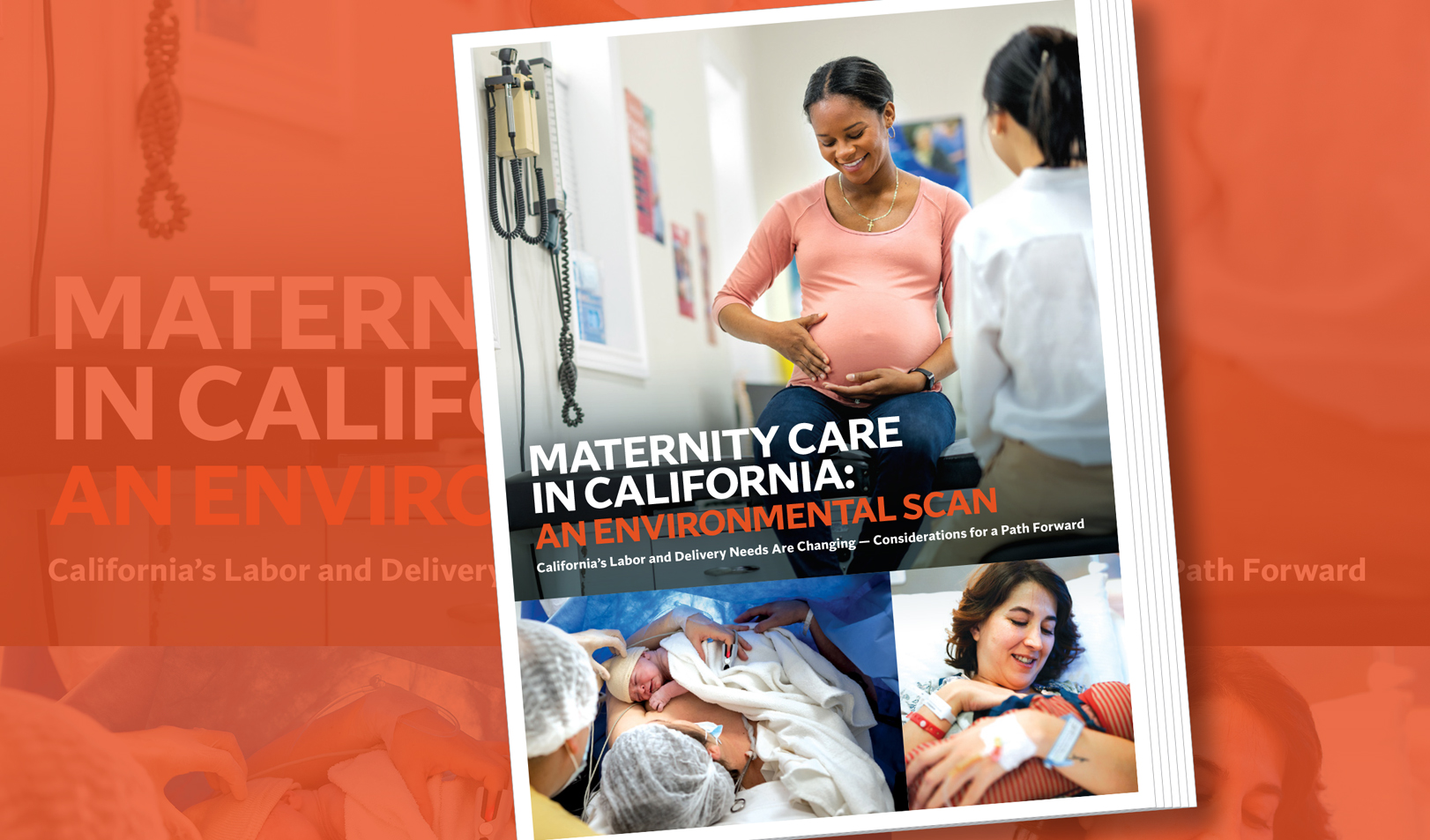The newsroom includes access to CHA News, which provides timely information to members every Thursday and is at the core of CHA benefits. In addition, it is also home to resources such as toolkits and talking points designed to help member hospitals and health systems communicate with internal and external audiences on a range of current health care-related issues. Links to CHA media statements and press releases can also be found here.
Newsroom
HCAI to Highlight Tips for Collaboration in Hospital Construction at Jan. 14 Webinar
What’s happening: The Department of Health Care Access and Information is hosting a complimentary webinar from 1:30 to 3 p.m. (PT) on Jan. 14 that will focus on fostering a Collaborative Inspection Approach to Hospital Construction.
Download Private Hospital-Directed Payment Encounter Files by Feb. 5
What’s happening: On Dec. 26, the Department of Health Care Services (DHCS) uploaded three new hospital-directed payment encounter files, available via the Secure File Transfer Protocol (SFTP) site. The SFTP site is not intended for long-term storage, so files will be deleted Feb. 5.
2026-27 State Budget to be Released Tomorrow
What’s happening: Governor Gavin Newsom will release his proposed budget for 2026-27 tomorrow, kicking off the state budget process and legislative budget hearings that will continue until the budget is finalized this summer.
CMS Awards California $234M in Rural Transformation Grant Funding
What’s happening: On Dec. 29, the Centers for Medicare & Medicaid Services (CMS) released the much-anticipated Rural Health Transformation Program (RHTP) award announcements. While all 50 states were awarded RHTP funds, California earned an award of $233.6 million in the first year, the third-highest dollar amount award of any state.
Impact Analyses Available for OPPS and Home Health Final Rules
What’s happening: DataSuite has issued two hospital-specific analyses of calendar year (CY) 2026 final rules on the outpatient prospective payment system (OPPS) and Medicare home health. The OPPS analysis is intended to show providers how Medicare outpatient fee-for-service payments will change from CY 2025 to 2026. The home health analysis is intended to show home health agencies how Medicare fee-for-service payments may change from CY 2025 to CY 2026.
Immediate Compliance with New Acute Psychiatric Hospital Staff Ratios Would Close Patient Beds, CHA Argues
What’s happening: Last week, CHA submitted a letter to the California Department of Public Health’s (CDPH) Center for Health Care Quality to recommend several changes to the draft regulations on acute psychiatric hospital staffing, which are proposed to take effect on Jan. 31.
Federal Court Halts Implementation of 340B Rebate Pilot Program
What’s happening: On Dec. 29, 2025, the U.S. District Court of Maine blocked implementation of the federal Department of Health and Human Services (HHS) 340B Rebate Model Pilot Program from going into effect nationwide on January 1, 2026, pending further orders from the court.
DHCS Granted 60-Day Extension to Revise Hospital Fee Program 9 Application
What’s happening: The Department of Health Care Services (DHCS) has until March 13 to submit a revised 2025 Hospital Quality Assurance Fee Program application to the Centers for Medicare & Medicaid Services (CMS), following questions CMS raised about the program’s size.
Summaries Available for CY 2026 Home Health, End-Stage Renal Disease Payment Final Rules
What’s happening: Summaries of the calendar year (CY) 2026 home health prospective payment system (PPS) and end-stage renal disease (ESRD) PPS final rules are available for CHA members.

